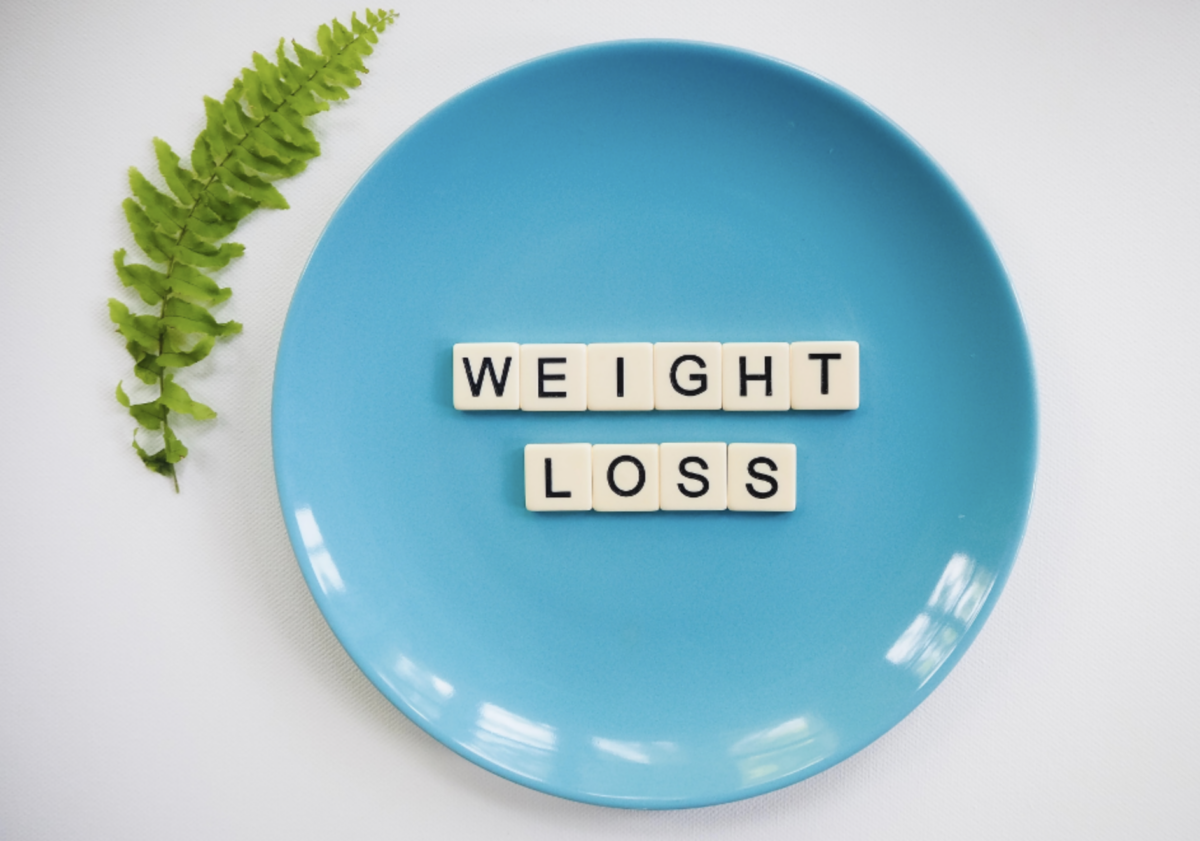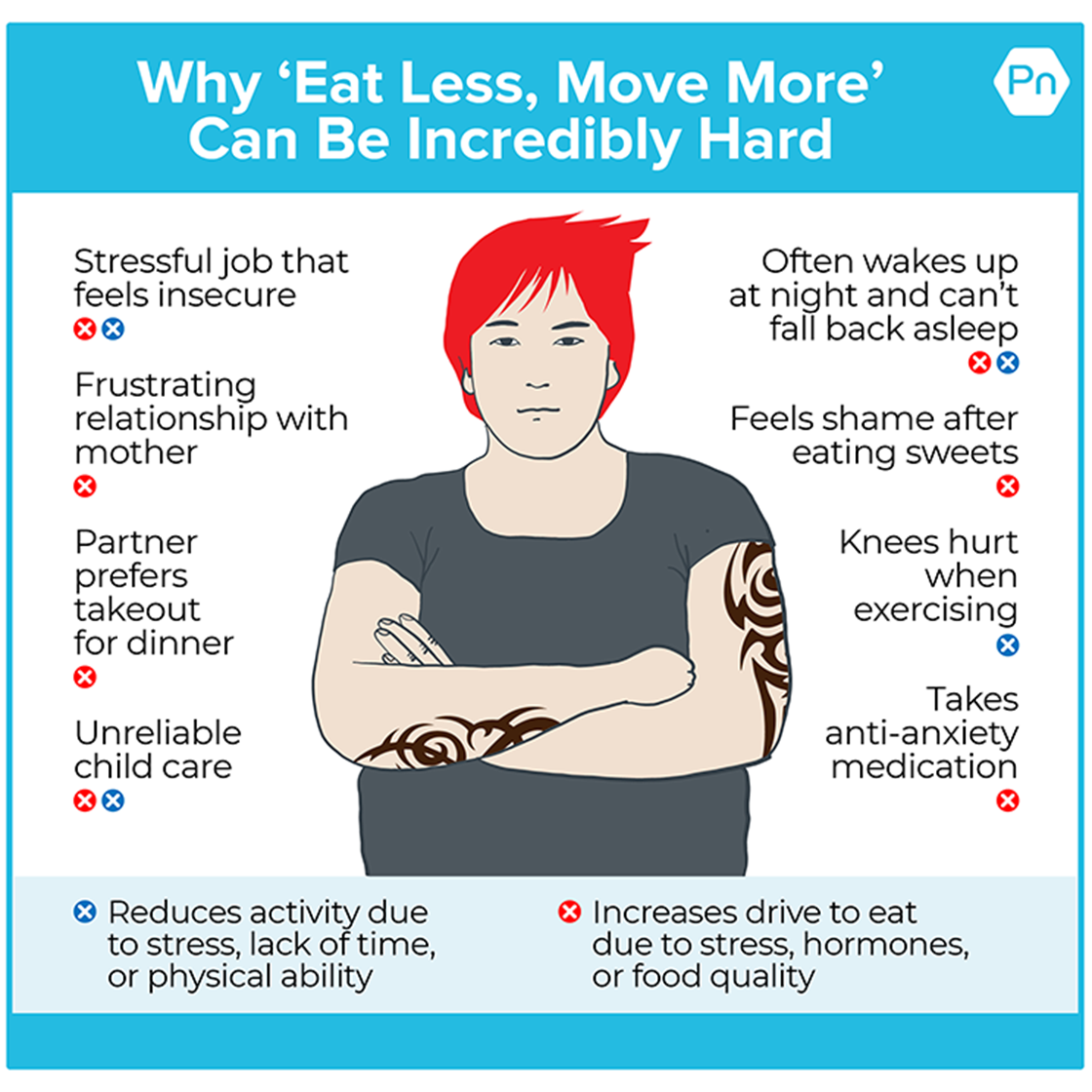Are you a woman over 40 struggling to lose weight? Have you tried every diet and exercise plan but still can’t seem to shed those extra pounds? The issue may not be your willpower or discipline, but rather, an imbalance in your hormones.
According to Dr. Sara Gottfried, a Harvard-trained gynecologist, and author of The Hormone Reset Diet, hormones play a crucial role in weight loss. Hormones are chemical messengers that regulate various functions in the body, including metabolism, appetite, and fat storage. When our hormones are imbalanced, it can lead to weight gain and difficulty losing weight.
Let’s explore the impact of hormones on weight loss, including insulin resistance, cortisol, and estrogen dominance, and discuss strategies to balance hormones to support weight loss, including the role of intermittent fasting and the keto diet.
Insulin Resistance and Weight Loss
Insulin is a hormone produced by the pancreas that helps regulate blood sugar levels. Insulin resistance occurs when cells in the body become less responsive to insulin, leading to higher blood sugar levels and an increased risk of type 2 diabetes. Insulin resistance also promotes fat storage, especially around the midsection.
Dr. Gottfried notes that insulin resistance is prevalent in women over 40 and is often a result of chronic stress, lack of exercise, and a diet high in refined carbohydrates and sugar. To support weight loss, it’s essential to address insulin resistance by adopting a low-carbohydrate diet that focuses on healthy fats, protein, and fiber.
The Keto Diet and Weight Loss
The ketogenic diet is a low-carbohydrate, high-fat diet that has gained popularity in recent years for its weight loss benefits. The keto diet works by putting the body into a state of ketosis, where it burns fat for fuel instead of carbohydrates.
Dr. Gottfried notes that the keto diet can be an effective strategy for weight loss, especially for women over 40 who struggle with insulin resistance. The keto diet can help lower insulin levels, reduce inflammation, and promote fat loss. However, she cautions that the keto diet may not be suitable for everyone and recommends working with a healthcare provider to determine if it’s right for you.
Cortisol and Weight Loss
Cortisol is a hormone produced by the adrenal glands in response to stress. When cortisol levels are chronically elevated, it can lead to weight gain, especially around the midsection. Dr. Gottfried notes that chronic stress, lack of sleep, and a diet high in sugar and refined carbohydrates can all contribute to elevated cortisol levels.
To support weight loss, it’s essential to address cortisol levels by adopting stress-reducing strategies such as mindfulness practices, yoga, and regular exercise. Additionally, a diet that emphasizes whole foods, healthy fats, and protein can help support cortisol balance and reduce inflammation in the body.
Estrogen Dominance and Weight Loss
Estrogen is a hormone that plays a crucial role in women’s health, including reproductive function and bone density. However, when estrogen levels are imbalanced, it can lead to weight gain and difficulty losing weight. Estrogen dominance occurs when there is an excess of estrogen relative to progesterone, another hormone that helps balance estrogen.
Dr. Gottfried notes that estrogen dominance is prevalent in women over 40 and is often a result of environmental toxins, stress, and a diet high in processed foods. To support weight loss, it’s essential to address estrogen dominance by adopting a diet that emphasizes whole foods, fiber, and cruciferous vegetables, which support estrogen metabolism.
Dr. Gottfried has a wealth of information in her latest book – Women, Food and Hormones. It’s a must buy, we highly recommend it. It answers so many of women’s health and weight loss challenges, providing the answers to the problem.
We use her protocol within our nutrition coaching programs, connect with one of our coaches if you are interested to discuss this more. Get in touch now.


